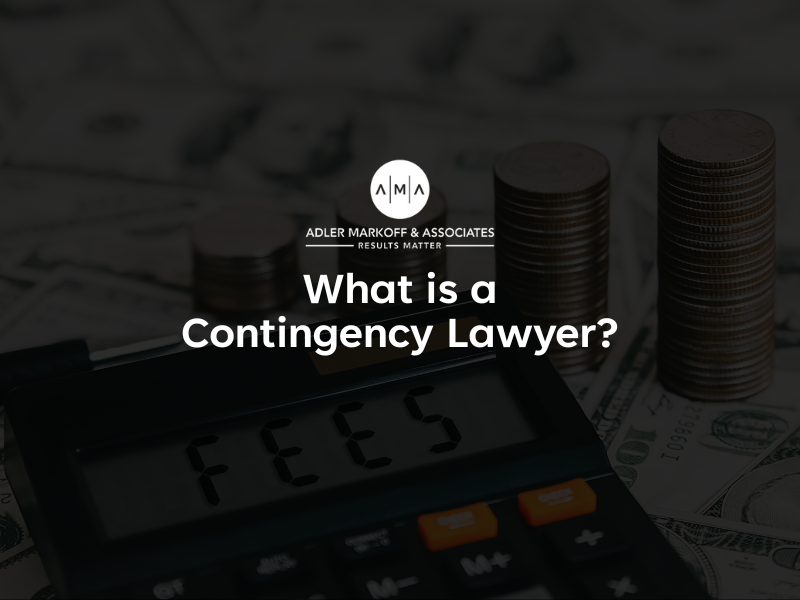
What Kind of Lawyer Doesn’t Get Paid Unless You Win?
Understanding the Contingency Fee Basis in Personal Injury Law
If you’ve ever seen a personal injury attorney advertise that they “don’t get paid unless you win,” you might be wondering how that works. This isn’t just a catchy marketing phrase—it’s a real and common payment structure called a contingency fee. Let’s break down what this means, how it benefits clients, and why it’s an essential part of personal injury law.
What Is a Contingency Fee Basis?
A contingency fee means that a lawyer’s payment is contingent on the outcome of your case. In simpler terms, personal injury lawyers working on this basis only get paid if they recover money for you through a settlement or a court award. If they don’t win your case, you owe them nothing in legal fees. This is often referred to as a “no win, no fee” arrangement.
How It Works: No Win, No Fee
This arrangement allows clients—especially those facing medical bills, missed work, and other financial hardships—to pursue justice without the stress of upfront legal costs. The lawyer assumes the financial risk and only collects payment if they succeed. It’s a win-win setup: if you get paid, they get paid. If you don’t, they walk away with nothing, just like you.
Aligning Interests: Risk Sharing
One of the key benefits of the contingency fee model is how it aligns the interests of the lawyer and the client. Since the attorney’s fee is a percentage of your recovery, they are naturally motivated to fight hard for the best possible result. They’re not billing you by the hour—they’re investing their time and resources into your success, knowing that they’ll only be compensated if they help you win.
What Percentage Does a Lawyer Take?
The exact percentage may vary depending on factors such as the complexity of the case, the amount of work required, or whether the case goes to trial. Most lawyers are transparent about these percentages and will outline the terms in a written agreement before taking your case.
No Upfront Costs: Legal Help When You Need It Most
One of the biggest advantages of contingency fee arrangements is that they open the doors to justice for people who might otherwise be unable to afford it. Personal injury cases often come at a time when victims are financially and emotionally strained. With no upfront costs, you can focus on healing while your lawyer focuses on securing the compensation you deserve.
Do You Need a Personal Injury Attorney?
If you’re dealing with an injury caused by someone else’s negligence, hiring a personal injury lawyer on a contingency fee basis means:
You pay nothing unless your lawyer wins your case.
Your lawyer has a direct incentive to maximize your compensation.
You can access legal representation without worrying about upfront costs.
Fees are clearly defined and communicated in your retainer.
This model puts justice within reach, giving you a fighting chance regardless of your financial situation.
Have more questions about how contingency fees work or whether you have a case? Speak to a qualified personal injury lawyer to get the guidance you need—without worrying about a bill until you win.